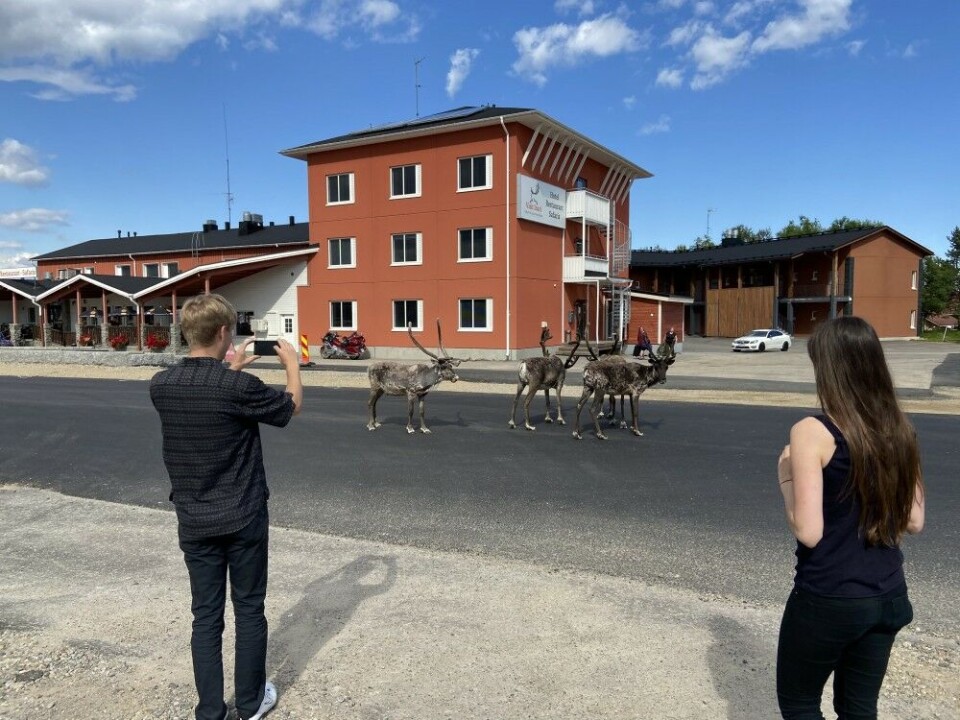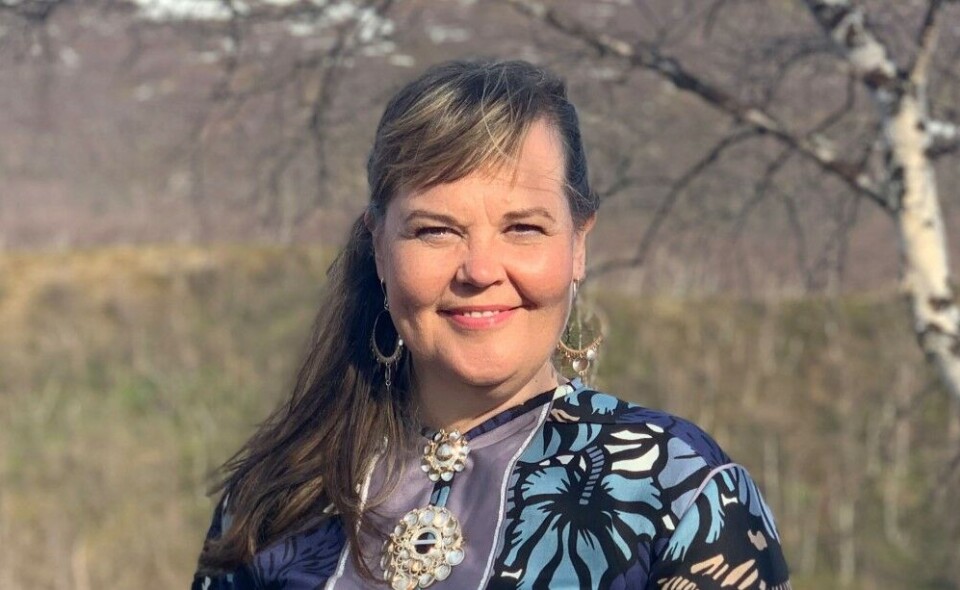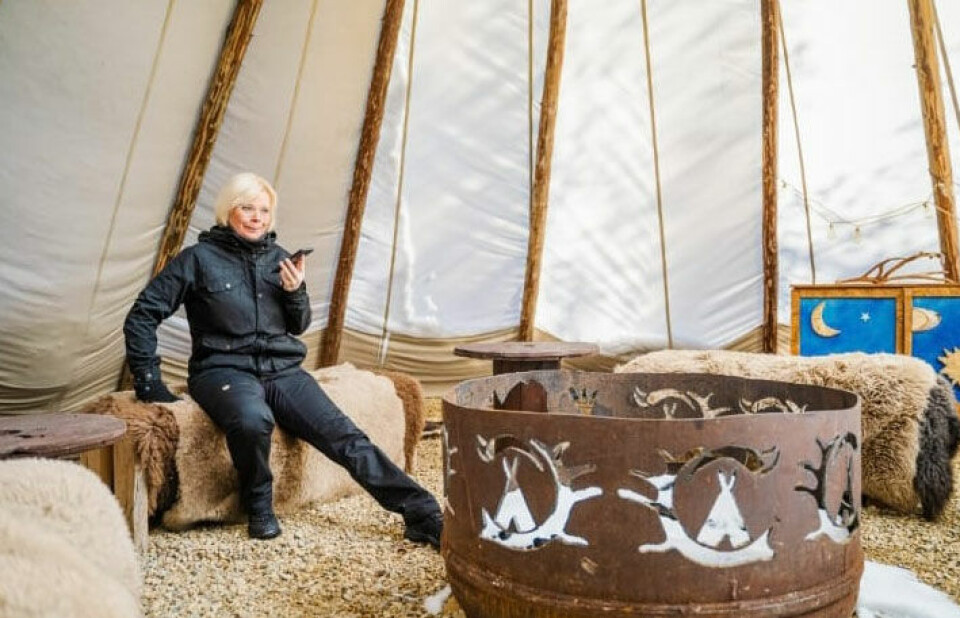
Lack of workforce troubling Lappish municipalities
Summer tourism season in full force, businesses in northern Finnish Lapland have struggled with filling in their job vacancies. It is not uncommon for more remote areas to struggle with recruitment difficulties, especially in the healthcare sector, but pandemic lockdowns seem to have caused a wider problem.
According to the municipal manager of Utsjoki, Taina Pieski, this problem is global and not specific to Lapland. “The travel industry is in crisis globally, since many workers in the sector moved on to different roles,” Pieski says. This has caused a crisis in airports around the world, for example, and many airports around Europe have been in chaos due to the lack of staff. Yet the small Utsjoki municipality is struggling in all sectors; “Perhaps because we are the northernmost part of EU and Finland, we have a big shortage of skilled labour for many tasks,” Pieski says. “This spring we had even fewer applicants for teaching jobs, and not all positions have yet been filled for this autumn,” she continues.

The reasons for this vary according to Pieski - they have always had trouble recruiting, but now the situation is more dire. “When people arrive from elsewhere, the Arctic conditions can come as a surprise,” Pieski says. Like many other northern municipalities, Utsjoki suffers from the lack of suitable housing and long distances between villages, which can drive away potential employees.
Neighbouring municipality, Inari, is struggling with similar issues. Hanna Kouri is the marketing director for Lapland North destination management company in Northern Lapland, and has seen the change in recruitment post-pandemic lockdowns. A combination of uncertainty around the travel industry, seasonal nature of the work and the shift of workers from the travel industry to other, more profitable, sectors has caused problems with recruitment that the municipality is now fighting. “It is important that we can establish year-round travel - now we recruit for each season and we cannot offer year-round jobs,” Kouri explains their vision of attracting workers, allowing them more job security and taking pressure off the business owner. “At the moment, when seasonal workers leave for the summer, we have to start the recruitment and training process again at the start of the season,” she continues.

“Lapland has previously attracted seasonal workers and many have appreciated that you can work hard for the season and then be on vacation in the summer, or work someplace else,” Kouri states. Now, when many seasonal workers have moved on to other jobs, the recruitment has become more difficult, and workers are looking for longer contracts.
Business owner from Utsjoki, Tiina Salonen, told the Barents Observer about their issues with recruitment. According to Salonen, the lack of housing is one cause for the issue, as well as the fact that smaller companies in Utsjoki are not able to compete with bigger companies when it comes to salary expectations. At the beginning of the summer, Salonen had not been able to recruit workers for cleaning and cooking roles, and the work is now landing on the business owner alone. Her company, Aurora Holidays, offers accommodation, restaurant and activites services, as well as a rentable venue for parties - qualified staff is crucial. “It will be a very long winter if I will be working alone,” Salonen says. “We are ready to recruit workers from abroad, or at least within the EU, but the bureaucracy is too difficult,” she continues. Hanna Kouri from Lapland North agrees that the red tape around the subject has not made hiring foreign workers easy. “There is no flexibility in work contracts and getting workers from abroad is very difficult,” she says.
To combat these issues, the northern municipalities are concentrating on marketing the area for potential employers and employees. Marketing on larger scale is not possible for small municipalities, and many have teamed up with marketing company House of Lapland. They are offering information and support for potential business owners, employees and employers. They are explaining what to expect when working in Lapland, and are helping people get their start in the north. But in the end, the responsibility of accepting newcomers lies on the individual municipalities. “We have a lot of potential to attract people who like outdoor living and all the things you can do in Lapland,” municipal manager Pieski said. Utsjoki is popular amongst hikers and fishers, and the pristine wilderness attracts tourists all year round. In addition, the municipality has an all new school and daycare centre, so it is an ideal place for families. Utsjoki municipality is planning on marketing these aspects in the hopes of alleviating the recruitment pressure. Pieski emphasises that in municipalities such as Utsjoki it is important that the help comes from grassroots level, by making people feel welcome to the area. “We should put emphasis on how we welcome new people,” Pieski says. “How we offer guidance and help - how we get people to know each other, these are things that cost nothing and it is only a matter of attitude,” she concludes.















